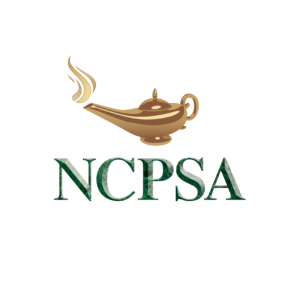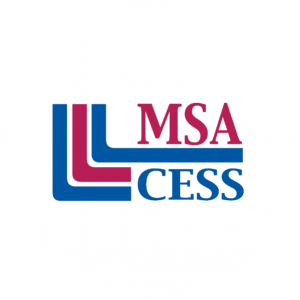By Shari Maser, Off-Campus Program Advisor
American libraries have evolved a great deal since the visionary Benjamin Franklin founded the first lending library in 1731. Today, free public libraries exist all across the United States, with a mission of making books and other media readily available to every citizen.
Beyond the traditional collections of books and reference materials, many libraries also provide access to audiobooks; videos; online subscriptions to magazines, research tools, and educational resources; free passes to local museums; and more with a knowledgeable librarian to guide you.
Wherever you live, I encourage you to make the most of these vibrant community resources and gathering places. Find out what your library has to offer and seek out opportunities to give back.
“But my library is tiny. I’ve already read all the good books there,” lamented Breanna, a young bookworm student of mine. Never fear! Most small libraries belong to lending consortiums where local library patrons can request books and other materials from a network of other libraries; these items are delivered right to their local library for easy pickup. A robust system of state and national inter-library loan programs also connects U.S. libraries. Ask your librarian about the inter-library loan options available to you so you can explore the wider world of books and media, or if you have special needs, ask about services that provide accessible resources, such as the Bookshare online library that provides audiobooks, e-books, multimodal books, and reading/notetaking tools for U.S. students with a variety of print disabilities.
Librarians also gift readers with carefully selected reading lists of all kinds. YALSA, the young adult arm of the American Library Association, posts annual summer reading lists and lists of award-winning books online. And any library you visit or search for is likely to offer its own recommended reading lists for various interests, age groups, and genres. Librarians can also steer you toward online resources such as Rated Reads, which offers a curated list of young adult literature that can help readers seeking to avoid mature language, content, and themes.
Libraries often invite patrons to free events featuring special guests such as authors, theatre troupes, puppeteers, and experts on a variety of subjects. It can be a big thrill to see a story performed or meet your favorite author and get your book signed.
For students who are driven by external motivation, summer reading programs can provide incentive to read more library books. Students who find sharing ideas appealing may enjoy library book clubs that are designed to foster lively discussions about a curated selection of books. Others who appreciate organized group activities or would like the chance to meet other people with shared interests may wish to join or create their own special interest clubs. My kids and their friends, with their shared passion for drama, arranged for our local librarian to run homeschool storytelling workshops so they could learn how to use music, finger movements, felt boards, and other techniques to engage young audiences.
Many of my students serve their local libraries, and gain valuable experience, by volunteering. Joe shelves books and loves being able to discover hidden gems and be the first to know about new releases. Jumana joined a committee that organizes fundraisers to add to her library’s children’s collection. Eli teaches senior citizens how to use the computers. Ayla helps out with arts and crafts and story times when her library hosts summer camps for preschoolers. Hiroki teaches video game animation workshops he designed for local teens, and his sister Yuki teaches miniature bookmaking workshops. Sarah has designed multiple bulletin board displays celebrating her favorite books. Damian writes detailed book reviews for his library’s online catalog.
Libraries truly are treasure troves of resources and opportunities. How does your local library enrich your life?






